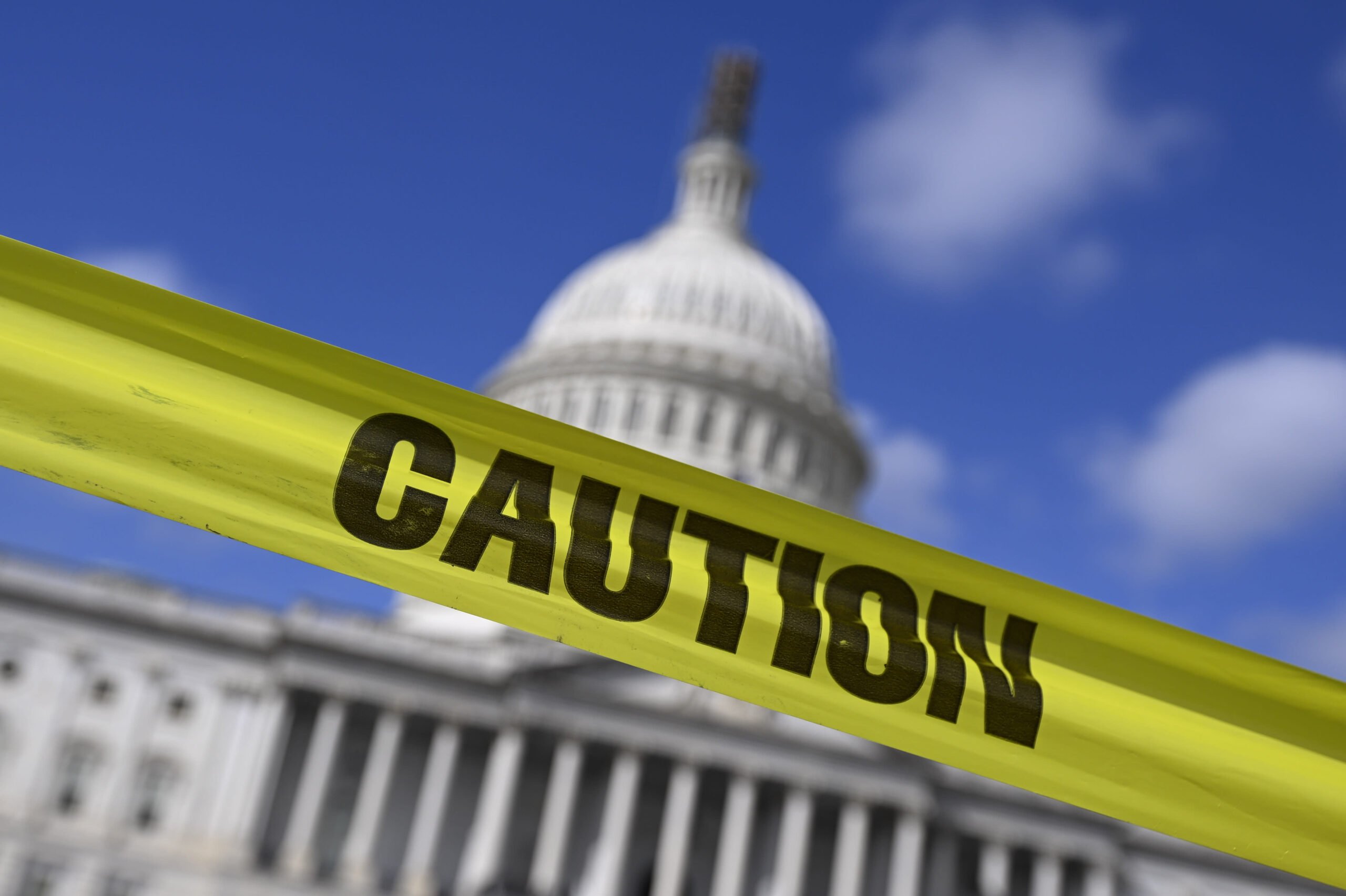BEIJING: At the annual sessions of China’s top legislature and top political advisory body, the development of the private sector and the well-being of private enterprises are among the issues enjoying considerable attention.
“State-owned enterprises, private enterprises and foreign-funded enterprises are all important forces in China’s modernisation,” read the government work report approved at the national legislature.
The report also said that the country wold fully implement the guidelines on promoting the development of the private sector.
It added that among the problems were “market access, access to factors of production, impartial law enforcement and the protection of rights and interests”.
Some national lawmakers and political advisors, as well as industrial insiders and experts, shared their views on both the status quo and the prospects of the private sector.
After the pandemic, some companies have encountered challenges amid their efforts towards recovery.
Li Jun, chairman of Leyard Group, said that with the easing of epidemic prevention and control at the beginning of last year, the company expected the market would pick up quickly, so it stocked up on talents and production materials in advance and in anticipation of a quick recovery.
“But economic recovery is a process that does not happen overnight,” Li said.
“It takes time for the market to recover,” said Cai Jinchai, a national lawmaker and president of Panpan Foods, adding that it takes time to restore consumption power and consumer confidence.
With the transformation and upgrading of the Chinese economy in recent years, some enterprises hit obstacles during the process of pursuing high-quality development.
Qi Xiangdong, a national political advisor and chairman of QAX Group, said some private enterprises encounter difficulties in adjusting structure, changing development mode and increasing investment in scientific and technological innovation.
“Some others rely too much on a single business, facing problems in transformation,” he said. — Xinhua
